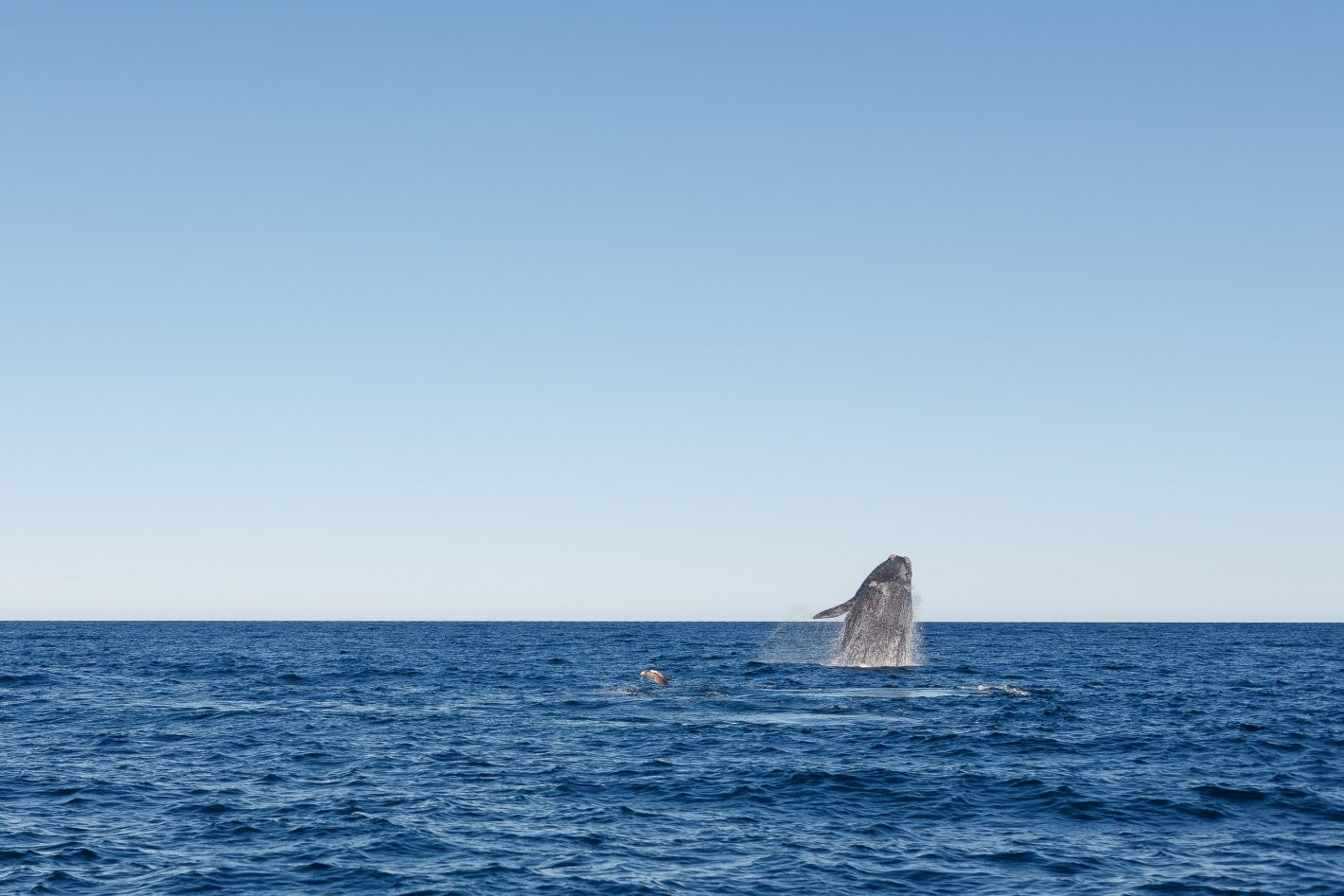A whale jumps out of the sea, here off the Valdés peninsula in Argentina. Curious people might ask why whales jump at all. Up to now, science has no clear answer to this. In my understanding, it is the task of science to explain such observations. It is not enough merely to discover such new things, rather science must be also useful, relevant, and benefit society. In order to complete these tasks, science gets supported by society. The work is realized by scientists. They transfer the compiled knowledge to society, which also includes scientific colleagues. Scientists need freedom to investigate the unknown. From my point of view, this necessary liberty is increasingly the victim of over-control of the distribution of resources.
AN EXACT MEASURE IS NOT NECESSARILY THE BEST MEASURE. Science itself is difficult to measure; however, there are aspects, which can easily be quantified, for example: sums of third-party funds or citation numbers. These are only approximate representations of good science and knowledge transfer into society. An exact correlation can never be reached here, because an index number allows comparison of things which are not identical on closer inspection: Apples and pears become fruit. Or in other words: through such comparisons, we ignore the uniqueness of the individual.
THE RULES ARE SELF-FULFILLING. Another problem occurs when the means of quantifying science is known to those involved: objectivity and neutrality is no longer guaranteed. The individual begins to direct his actions towards improving the measured quantity and not towards the original and admittedly difficult question of what good science means. If after some time those scientists, who have the highest external funds and h-factors, control science, they will in turn determine the meaning of successful science. But there is no guarantee, that this will be the best science for society.
SCIENCE NEEDS FREEDOM TO THINK. I consider the freedom to think to be absolutely essential, particularly in fundamental research. This freedom must stand up against hard numbers like third party funds, endowment money, and patents. This is a difficult task. An exact argument wins quickly against a vague one, because it is difficult to oppose precise numbers. Science may be able to help in the present lack of innovative research in the small and medium-sized enterprises but in order to achieve this, science itself needs the freedom to be innovative. The solution cannot be that product development is taken over by science completely. I am worried to see that professorial chairs achieve the dimensions of medium-sized enterprises and the scientists are not allowed to speak and discuss freely about their work with colleagues. Furthermore, it gives me pause for thought that during the contract negotiations of young professors with universities, acquiring specific levels of third party funding appears as a main target, which put the young professor under pressure.
SCIENTISTS MUST MAKE GOOD SCIENCE – AND NOT GOOD CURRICULA VITAE
Now the difficult question is, how to distinguish good science from bad and how to support and conduct good science. I think that we need more constructive cooperation among scientists and a better connection to society. I regret that often scientists tend to look after the profit for their own career rather than the profit for the science and society. It is not enough that I publish my work in high-profile journals with my name or carry a Ph.D. title. At the end it is decisive that I transmit my gathered good and relevant knowledge to the population and economy.
WE NEED MORE GOOD SCIENCE FOR THE SOCIETY. To sum up, I would like to see more thought and action with regard to the difficult question: What is good science for society? Out of this we have also to ask what the most suitable economic system is. From my point of view, we need these days something similar to the social economy. A further industrialization of science will damage it. At the end, it is the task of the science to create new knowledge, therefore it is not possible to define a product beforehand in a contract. If scientists are equipped with more security and freedom, I hope to see more who jump into the air for joy over a discovery. Eureka!
This is a translation of my German blog entry on Wetteifernde Wissenschaft.

